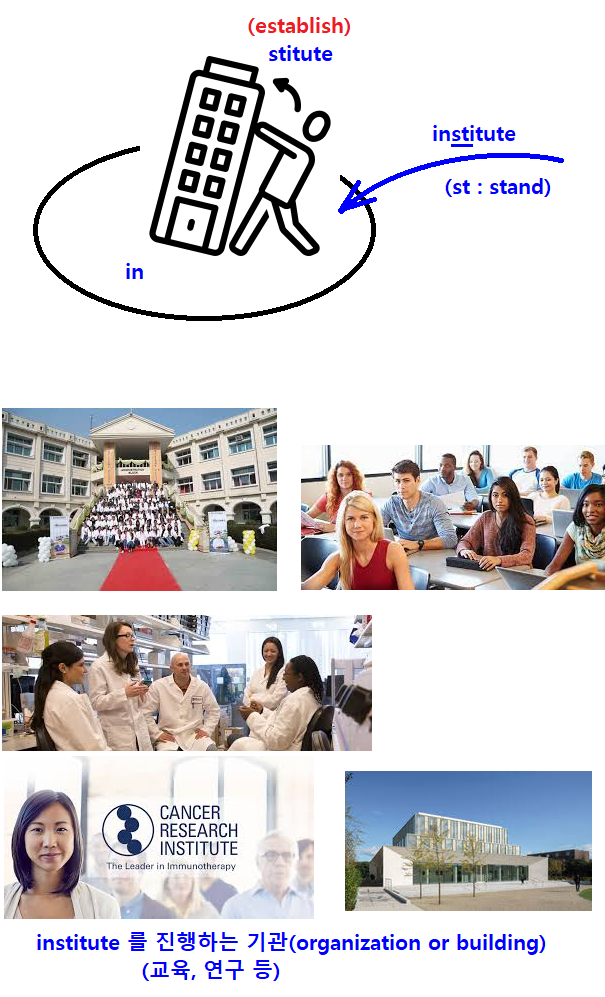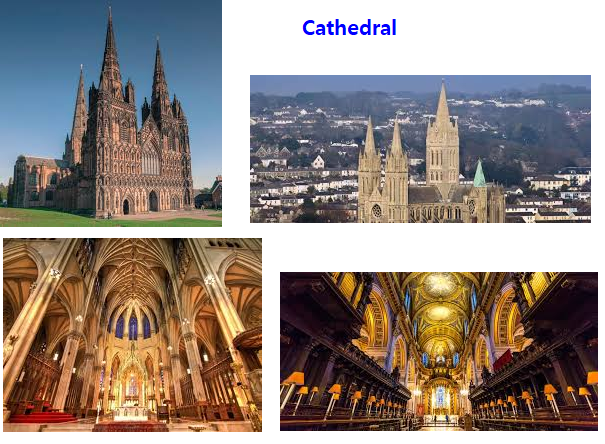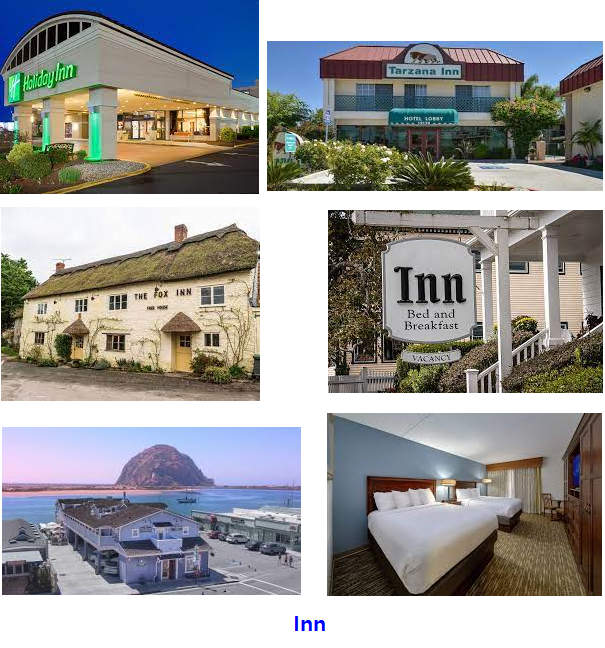A
Names without the
We do not use the with names of most city streets/roads/squares/parks etc. :
Union Street (not the ... ), Fifth Avenue, Hyde Park,
Queens Road, Broadway, Times Square
Names of important public buildings and institutions (for example, airports, stations, universities) are often two words:
Manchester Airport, Harvard University
The first word is the name of a place ('Manchester') or a person ('Harvard'). These names are usually without the. In the same way, we say:
Victoria Station (not the ... ), Canterbury Cathedral, Edinburgh Castle,
Buckingham Palace, Cambridge University, Sydney Harbour
Compare:
Buckingham Palace (not the ... ) but the Royal Palace
('Royal' is an adjective - it is not a name like 'Buckingham'.)
B
Most other buildings have names with the. For example:
| hotels | the Sheraton Hotel, the Holiday Inn |
| theatres/cinemas | the Palace Theatre, the Odeon (cinema) |
| museums/galleries | the Guggenheim Museum, the National Gallery |
| other buildings | the Empire State (Building), the White House, the Eiffel Tower |
We often leave out the noun:
the Sheraton (Hotel), the Palace (Theatre), the Guggenheim (Museum)
Some names are only the + noun, for example:
the Acropolis, the Kremlin, the Pentagon
C
Names with of usually have the. For example:
the Bank of England, the Museum of Modern Art,
the Great Wall of China, the Tower of London
Note that we say:
the University of Cambridge but Cambridge University (without the)
D
Many shops, restaurants, hotels, banks etc. are named after people. These names end in -'s or -s. We do not use the with these names:
McDonald's (not the ... ), Barclays (bank),
Joe's Diner (restaurant), Macy's (department store)
Churches are often named after saints (St = Saint):
St John's Church (not the St Johns Church), St Patrick's Cathedral
E
Most newspapers and many organisations have names with the:
| newspapers | the Washington Post, the Financial Times, the Sun |
| organisations | the European Union, the BBC, the Red Cross |
Names of companies, airlines etc. are usually without the:
Fiat (not the Fiat), Sony, Singapore Airlines,
Kodak, IBM, Yale University Press
※ square :
※ institute :

1. institute something : to introduce a system, policy, etc. or start a process
- The new management intends to institute a number of changes.
- They could institute criminal proceedings against you. (형사 소송절차)
2. 교육기관, 연구소
- The report was compiled by Germany's five leading economic research institutes.
- institute of something
// The course is offered at six colleges and institutes of higher education.
// He is a member of the Institute of Chartered Accountants.
- at an institute // She was a senior researcher at the institute.
(참고)
introduce : intro + duce(=lead)
establish : e + stable + ish / sta(=stand, set up) ※ establish :
institute : in + stitute(=establish) / st(=stand, set up)
※ institution :

institution :
a large important organization that has a particular purpose, for example a university or bank
- The deal is backed by one of the country's largest financial institutions.
- He has worked as a visiting lecturer for various educational institutions.
- The system is targeted mainly at academic and research institutions.
- the Smithsonian Institution
- The region boasts several institutions of higher education.
※ cathedral :
※ inn :
'English Grammar in Use > Unit' 카테고리의 다른 글
| 080 : Noun + noun (a bus driver / a headache) (0) | 2021.10.31 |
|---|---|
| 079 : Singular and plural (1) | 2021.10.30 |
| 077 : Names with and without the 1 (0) | 2021.10.29 |
| 076 : the 4 (the giraffe / the telephone / the old etc.) (0) | 2021.10.29 |
| 075 : the 3 (children / the children) (0) | 2021.10.29 |



